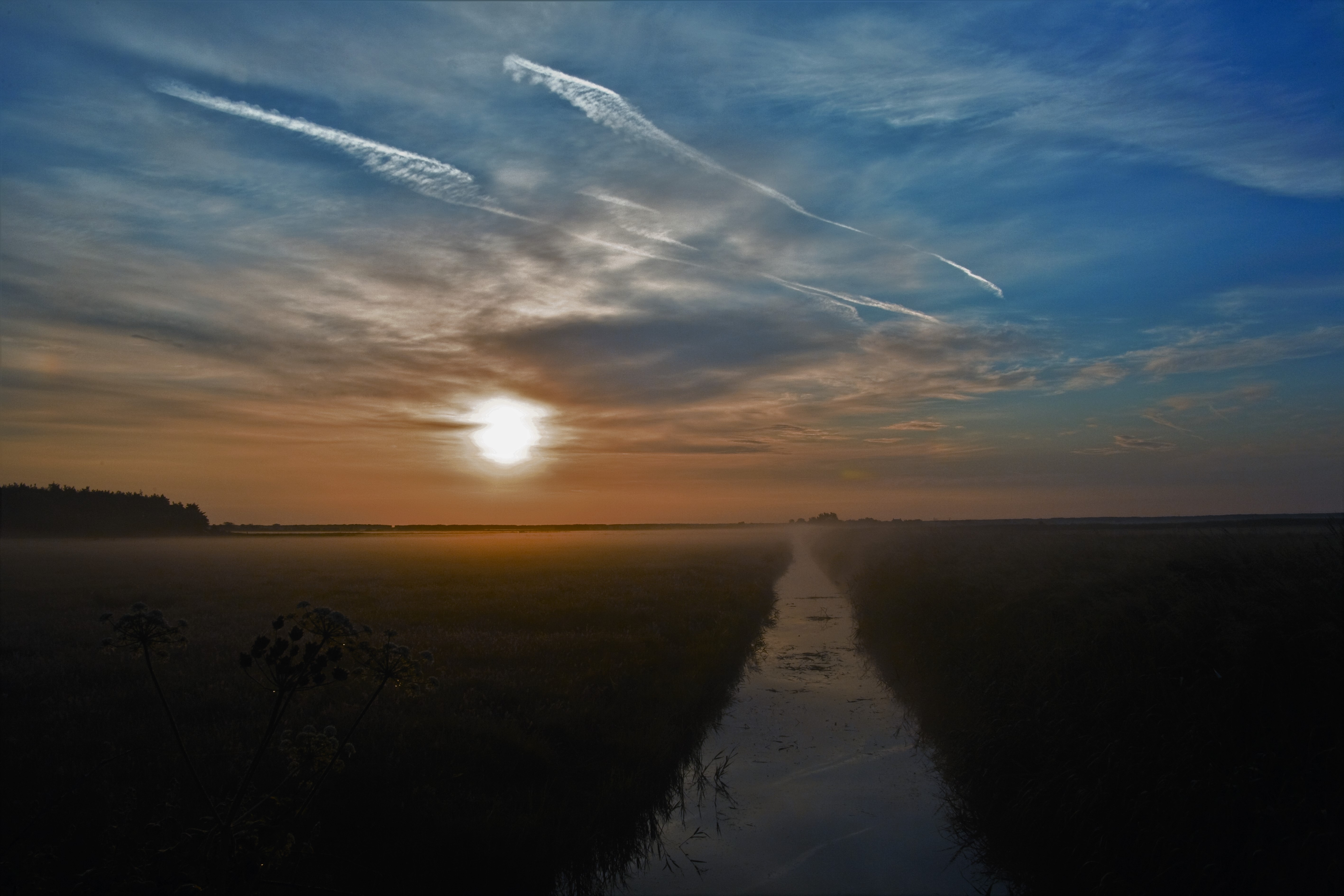Light and noise pollution arising from new development can, individually and cumulatively, have a significantly damaging impact on the countryside and settlements in North Norfolk where many places do not have street lights and where the tranquil environment is highly valued. Paragraph 180 of the NPPF 2018 relates to development being appropriate for its location; referring specifically to noise and light pollution and draws attention to intrinsically dark landscapes and nature conservation. North Norfolk boasts some of the darkest skies in the county and this lack of artificial light helps the area retain its rural character.
The North Norfolk coast boasts some of the darkest skies in the country. The lack of artificial light helps the coast retain its rural character and overall tranquillity. The Norfolk Coast Area of Outstanding Natural Beauty Partnership have as part of their 20 year vision "...[that] the area will still be essentially unspoilt with a strong feeling of remoteness, peace and tranquillity, with wide skyscapes, seascapes and dark night skies that show the richness and detail of constellations." To date, two locations in North Norfolk (Wiveton Downs and Kelling Heath Holiday Park) have been awarded Dark Sky Discovery Site status and special attention should be given to these areas and the wider AONB. Lighting in new development should be limited to that necessary for security. Consideration should also be given to ways of minimising light pollution from exterior lighting, large glazed areas, sky lights etc. The national Planning Practice Guidance provides further advice on how to consider light within the planning system in particular setting out the factors to be considered when assessing whether a development proposal might have implications for light pollution.
